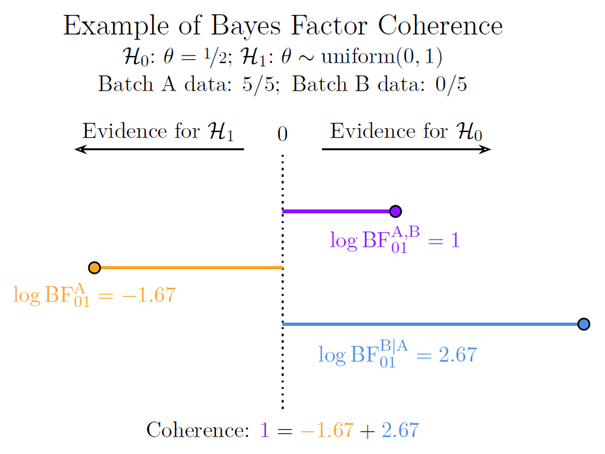Visualizing the Equation for the Sample Correlation Coefficient
TL;DR We just preprinted a manuscript on how to teach the correlation coefficient with rectangles and squares. Check out the cool pictures. Suggestions for improvement are welcome. Abstract The equation for the Pearson correlation coefficient can be represented in a scatter plot as the difference in area between concordant and discordant rectangles, scaled by an area that represents the maximum possible…
read more
